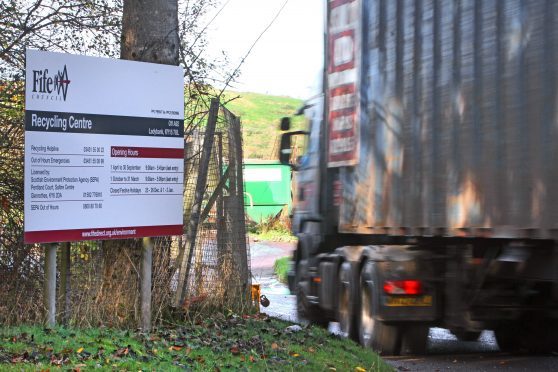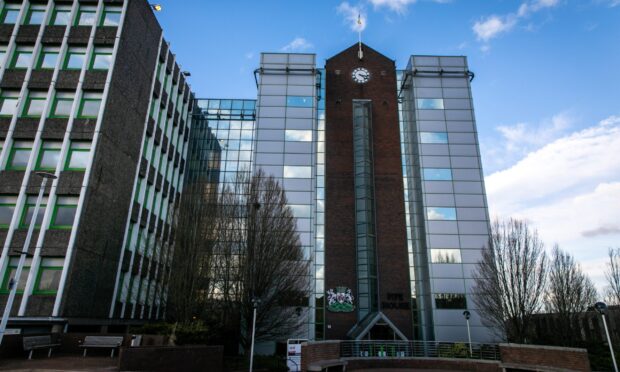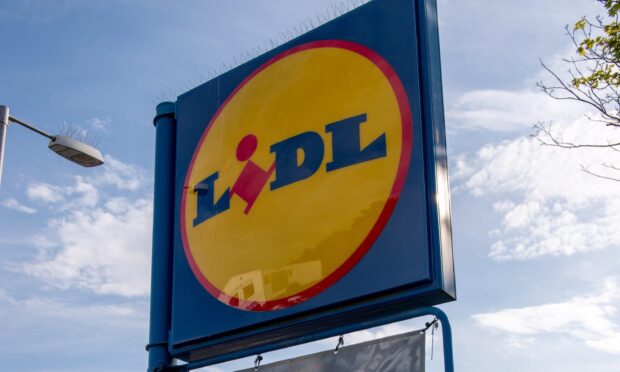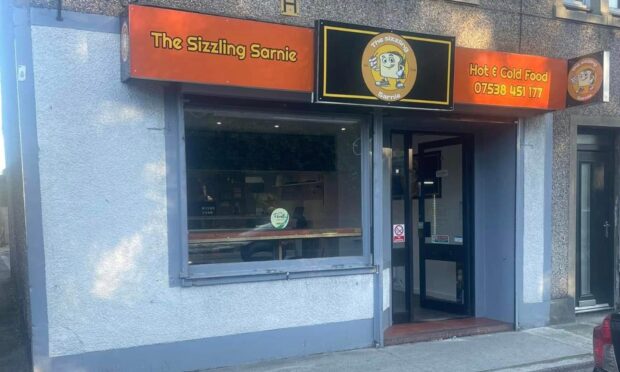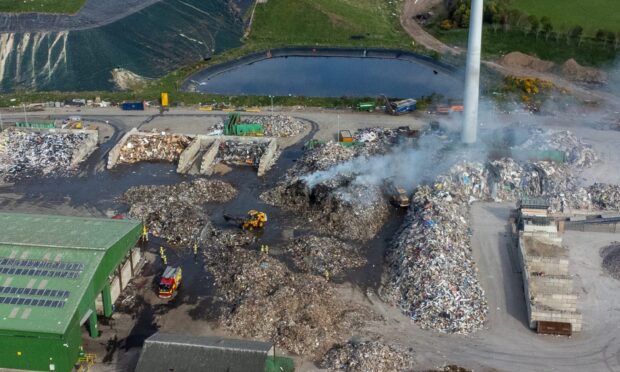Flytipping rates across Fife could soar as a result of strict new measures to crack down on traders who avoid fees at the region’s household recycling centres.
The warning came as councillors approved plans to change the way commercial waste is disposed of at Fife’s household waste recycling sites yesterday.
The proposals, which aim to stem an annual loss of £1.87 million through commercial misuse of the centres, will include automatic number plate recognition, height barriers and cashless payments.
Recycling centre staff will also be equipped with body cameras to deter confrontations as they challenge customers about what they are throwing away.
The council’s administration insists flytipping complaints have fallen in recent years, however Howe of Fife and Tay Coast councillor Andy Heer said the authority had to get a grip on the problem before the new access policy begins on January 1.
Conservative Mr Heer said he had encountered several reports of flytipping in the space of a week, including incidents in Newburgh and Cairneyhill and 50 tyres dumped on farmland between Leslie and Falkland.
And he revealed council staff had told him about a particular hotspot – on the road from the Lower Melville Wood landfill site near Ladybank.
“It’s obvious that people are taking waste there, they get turned away, so they dump it in the woods opposite,” he told yesterday’s meeting of the the environment, protective services and community safety committee.
“I care about the area we live in, I can see a problem and I think it’s a problem that’s going to get bigger.
“We don’t get tourists coming to Fife to admire mouldy mattresses.
“The chances are this problem is going to get worse so we’ve identified the problem, let’s quantify it properly and let’s try to find a way of dealing with it.”
Despite his concerns, Mr Heer’s motion to note the “apparent recent increase in flytipping” and call for a more detailed report on incidents, detection rates and prosecution of offenders was voted down 10-4 by SNP and Labour members.
The successful amendment, lodged by Labour councillor David Graham, noted that flytipping complaints had fallen from 4,110 in 2012 to 2,534 in 2017, and argued that the council’s policy of prevention was “bearing fruit”.
“I feel the workforce is doing excellent work on the issue, including enforcement when required,” he added.
Currently, commercial organisations can dispose of material at nine of Fife’s 11 household waste recycling centres by purchasing a ticket.
However, monitoring has shown ticket holders are disposing of materials not covered by the documentation, including landfill waste, and that some commercial operators are disposing of rubbish at recycling centres without purchasing a ticket at all.
Councillor Ross Vettraino, committee convener, said: “This misuse creates legal and financial consequences for the council.
“Residents have embraced recycling and Fife now boasts one of the best household recycling rates in the country.
“It’s important that they do not foot the bill for commercial companies illegally making use of the service.”
